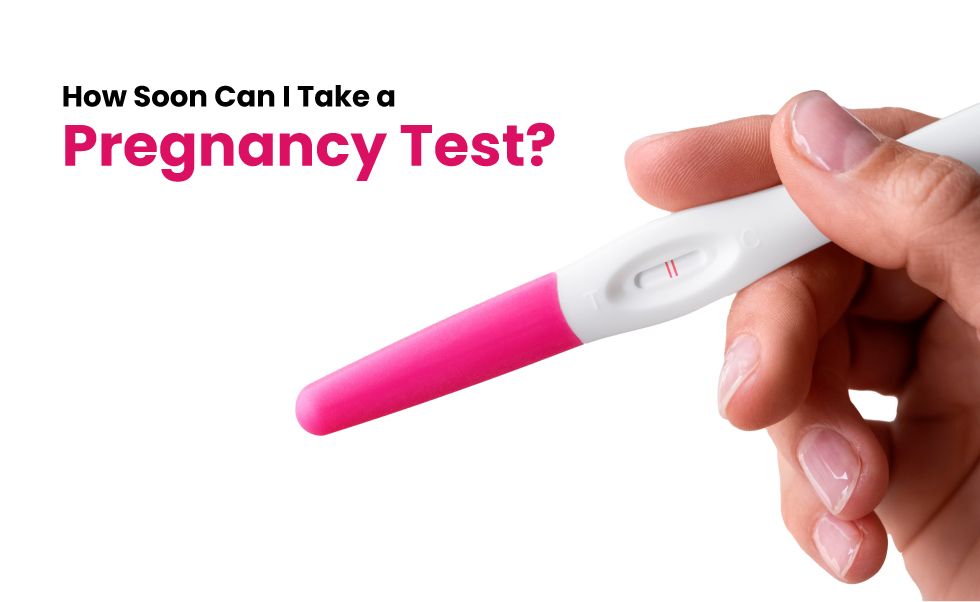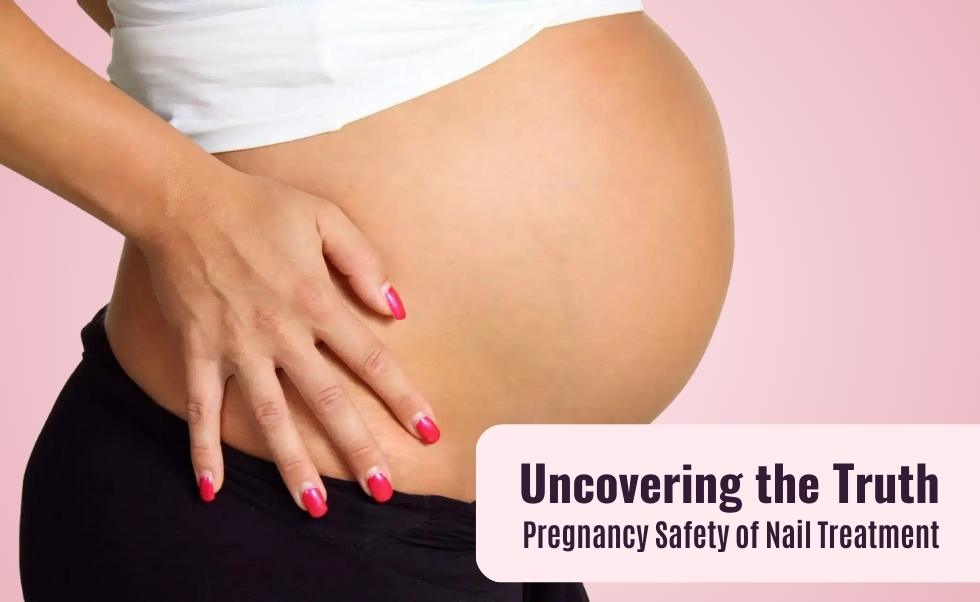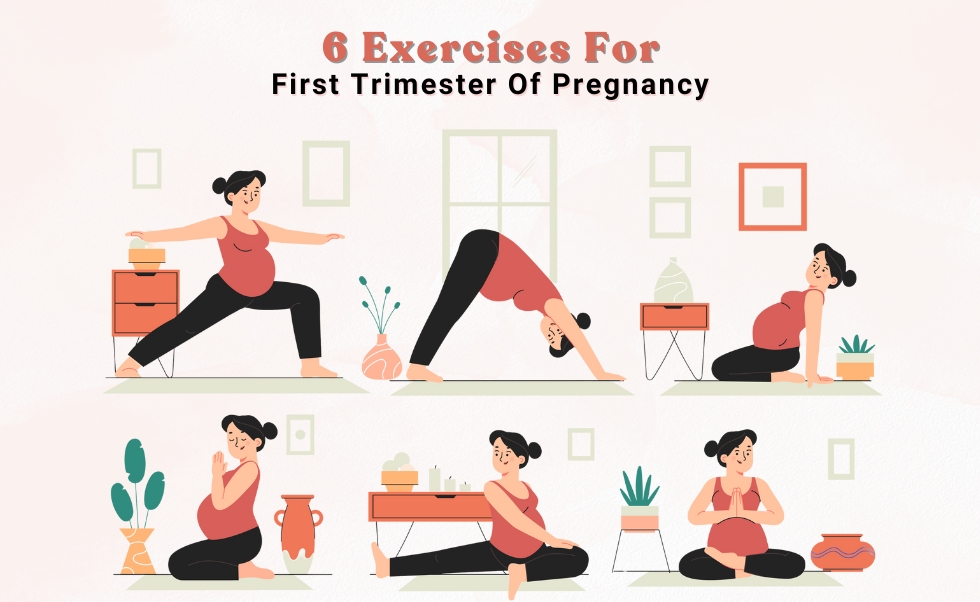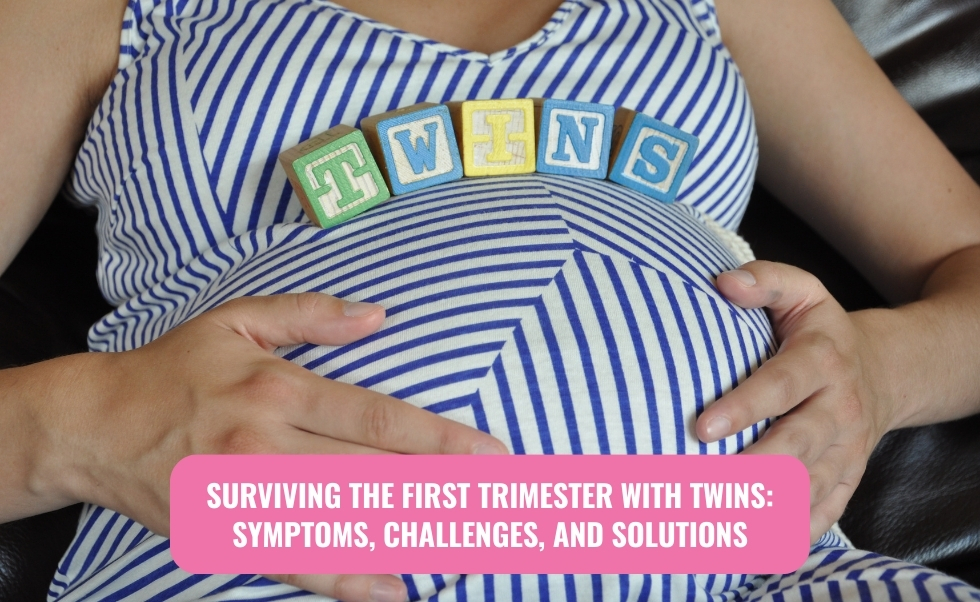Deciding when to take a pregnancy test can be both exciting and nerve-wracking. Understanding the right timing can help ensure accurate results and provide clarity during this crucial time.
Pregnancy tests detect the hormone human chorionic gonadotropin (hCG), which your body starts producing after a fertilized egg implants into the uterine lining. The levels of hCG increase rapidly in early pregnancy, making it a reliable marker for determining pregnancy.
Timing: When Is It Best to Test?
- Missed Period: The most common recommendation is to take a pregnancy test after you’ve missed your period. For many women, this is about two weeks after ovulation. Testing at this time usually ensures that hCG levels are high enough to be detected by the test.
- Early Detection Tests: Some pregnancy tests are designed to be more sensitive and can detect pregnancy a few days before your missed period. If you are eager to find out sooner, these tests can be an option, but they may not be as accurate as testing after your missed period.
- First Morning Urine: For the most accurate results, it is often recommended to use your first-morning urine when hCG levels are most concentrated. This can increase the likelihood of detecting the hormone if you are pregnant.
Are there any Factors Affecting Test Accuracy?
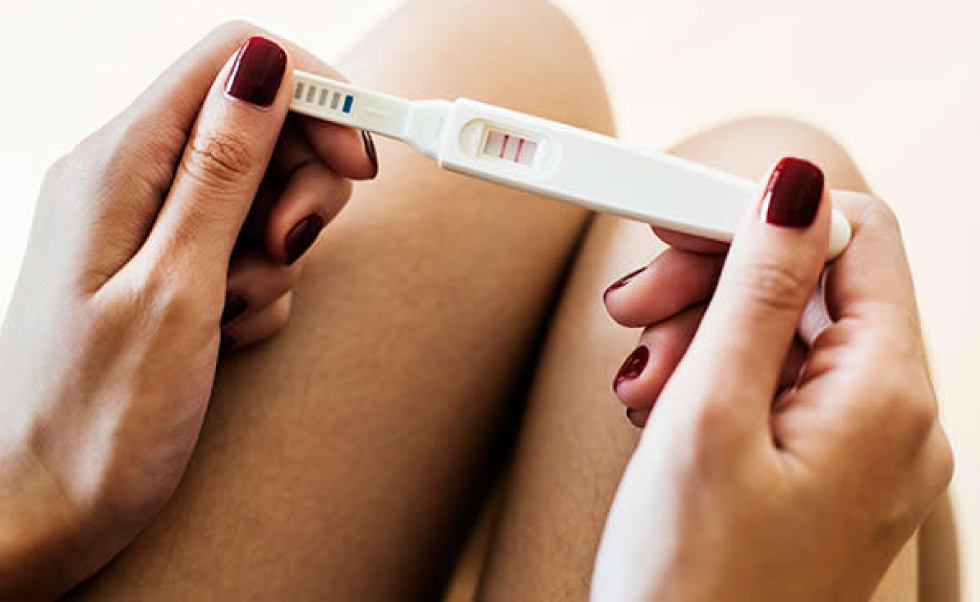
- Ovulation and Cycle Length: If you have irregular periods or are unsure when you ovulate, it might be harder to determine the right time to test. Tracking ovulation through basal body temperature or ovulation predictor kits can help.
- Test Sensitivity: Different pregnancy tests have different sensitivities to hCG. Check the packaging to understand how early each test can detect pregnancy. More sensitive tests can detect lower levels of hCG and might give earlier results.
- Reading the Instructions: Follow the instructions on the pregnancy test carefully. This includes how long to wait before reading the results. Reading the test too early or too late can lead to incorrect interpretations.
What are the best Tips for Testing pregnancy?
1. Wait for a Missed Period: Although early testing is possible, waiting until you’ve missed your period can reduce the chances of a false negative.
2. Repeat Testing: If you get a negative result but still suspect you might be pregnant, wait a few days and test again. hCG levels double every two to three days in early pregnancy.
3. Consult a Healthcare Provider: If you have irregular cycles or other health conditions, talking to your healthcare provider can give you personalized advice on when to test.
Emotional takeouts during home pregnancy test
Taking a pregnancy test can be an emotional experience. Here are some tips to manage the stress:
- Stay Calm: Try to stay calm and patient while waiting for the test and the results. Remember that stress can affect your cycle and overall health.
- Support System: Share your journey with a partner, friend, or family member who can provide emotional support.
- Prepare for Both Outcomes: Mentally prepare yourself for both possible outcomes to manage expectations and reduce anxiety.
Knowing when to take a pregnancy test is essential for getting accurate results and ensuring peace of mind. You can confidently navigate this important step by understanding the timing and factors affecting accuracy and managing emotional stress. For any concerns or questions, consult your healthcare provider. Whether you are trying to conceive or simply want to understand your body better, this information can be a valuable resource for your journey.

